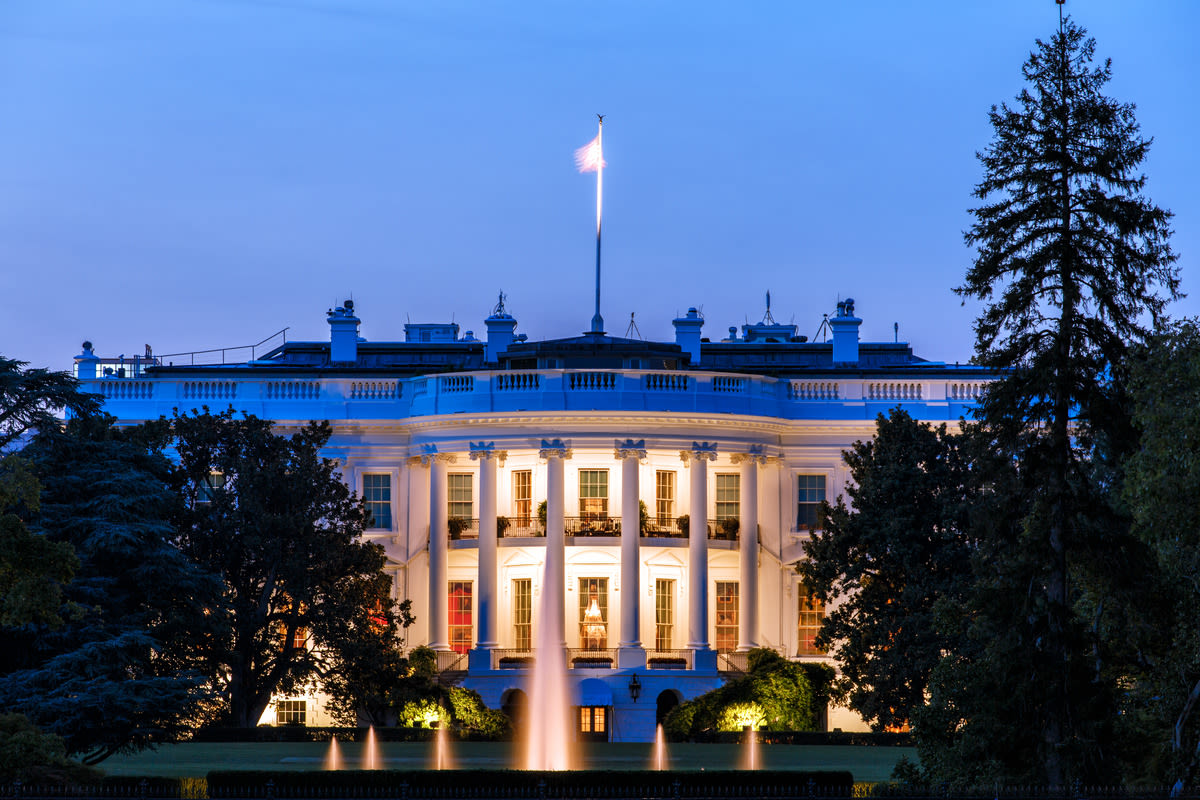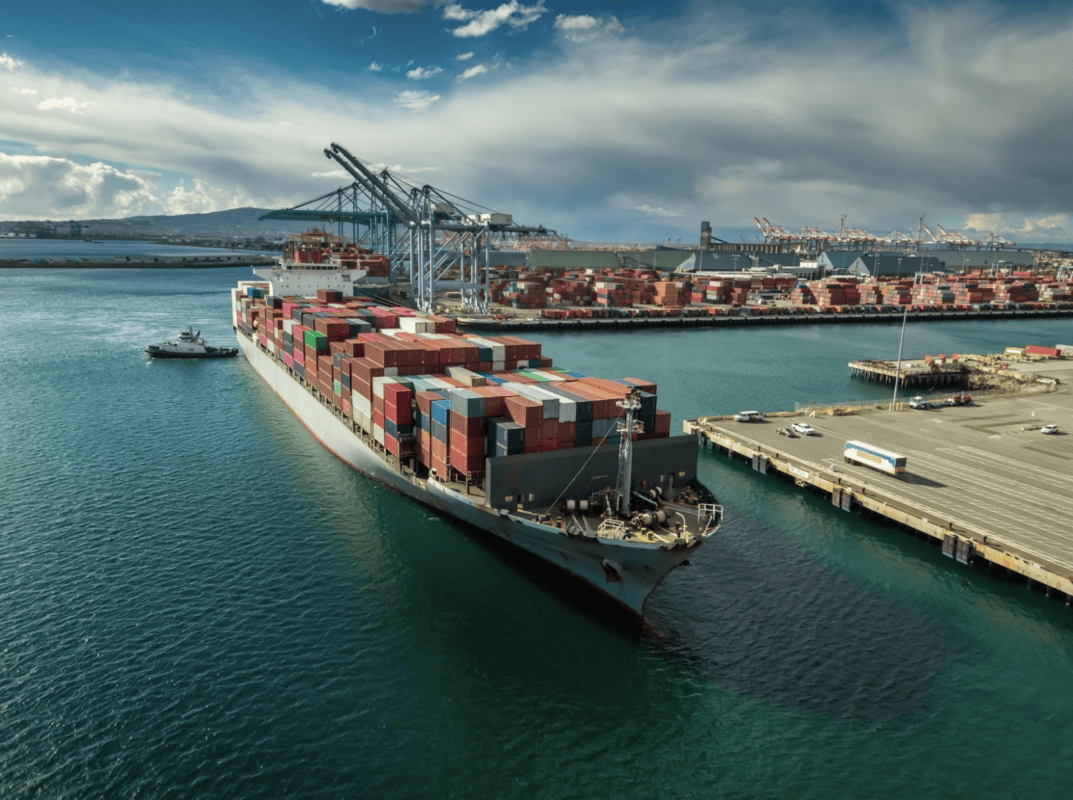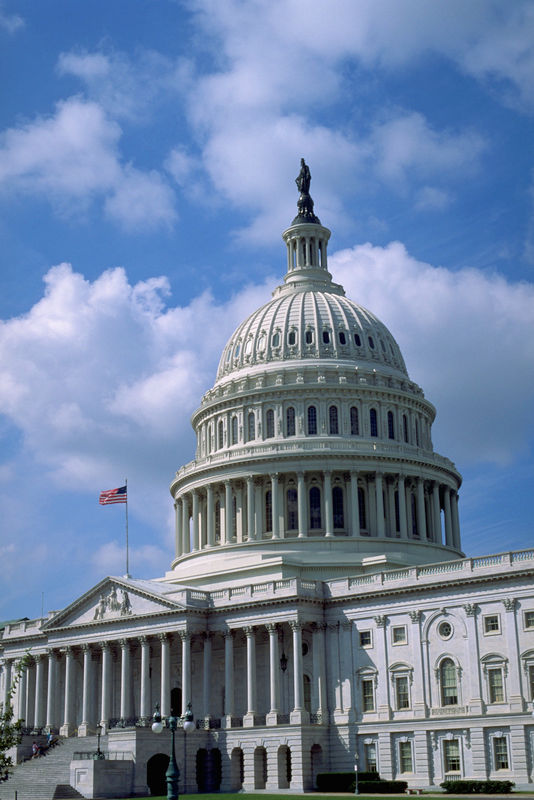
September 13, 2024
U.S. Administration Takes Executive Action on Section 321 De Minimis Imports: What We Know So Far and What to Expect Next
Tags:

September 13, 2024
Follow the Trump administration's latest changes to the de minimis exemption and tariff policies here.
On September 13, 2024, the Biden Administration issued an executive action concerning low-value goods entering the U.S. border duty-free under the $800 de minimis threshold. This is a sweeping executive action that could deny de minimis treatment for all imported products covered by tariffs imposed under Section 301, Section 201, and Section 232—exerting a wide-ranging impact on many U.S. businesses importing goods into the U.S. via the current exemptions, especially ahead of a busy holiday season.
Here’s what we’ve learned so far about the latest executive action, and what businesses using the exemption in their supply chain should expect next.
What’s Changing?
As part of the Tariff Act, “de minimis” is a statute that allows low-value shipments to enter the U.S. without being subject to the duties and fees associated with importation. This allows businesses to import stock at a lower cost, allowing goods with a maximum value of $800 to enter the U.S. duty-free. Qualifying imports could also sidestep the extensive paperwork that often accompanies a traditional shipment from overseas.
The Biden Administration’s executive action could effectively deny de minimis treatment to anything subject to Section 301 duties, as well as Section 201 and Section 232 duties—most notably, a wide array of products originating from China. It would also mean standard reporting, bond, and document requirements for these shipments, just like any standard freight entry.
- Section 301 tariffs allow the president to take action to prevent or remove any unfair trade practice that discriminates against U.S. products or unreasonably burdens U.S. exporters. This is the broadest provision, affecting roughly 85% of products from China today.
- Section 201 tariffs cover additional duties added at the request of an injured domestic industry. Though similar to Anti-Dumping and Countervailing rules, §201 has a higher standard of proof. Affected products include clothes-washing machines and solar panels.
- Section 232 tariffs allow the president to place trade restrictions on certain commodities to protect national security. This affects steel and aluminum industrial products.
Importantly, the administration intends to issue a Notice of Proposed Rulemaking, which could take 60-120 days to implement and might lead to changes even before Black Friday. If the current administration proceeds quickly with implementation, last-minute holiday shipments could be severely limited.
- A Notice of Proposed Rulemaking enables executive branch agencies to change the enforcement or interpretation of their authority, meaning that the current administration doesn’t need Congress to act first.
- The rulemaking process requires publication of the proposed changes and impact, a public comment period, review and response to public comments, and finalization of the rule. This will likely take time, but the Biden Administration appears to be committed to enforcing this quickly.
- Traditional shipments coming for the holidays are already on water now, and de minimis shipments would not normally start to ship until later in the year. If implemented as early as November, this rule could impact last-minute holiday purchases.
- However, under the Administrative Procedure Act, pro-trade groups will likely take every legal action to try to delay or weaken the implementation of the executive action.
Here Are a Few Additional Potential Changes to Consider:
- Increased entry data requirements: Exact changes are not outlined, but based on the latest proposals, businesses may need to provide more reported information about who goods are being shipped to (per the “one importer per day” rule), identify more supply chain participants (e.g., manufacturer, seller, consignee, etc.), and offer more specifics about the goods themselves. Customs and Border Protection (CBP) will be looking for more specific cargo descriptions: for example, “T-shirt” will no longer be acceptable for a description of what’s in the box. Businesses would need to provide more detailed descriptions, such as “100% cotton men’s T-shirt.”
- Consumer Product Safety Commission enforcement: Importers (including those importing de minimis shipments) would be required to file CPSC testing certificates or General Certificates of Conformity (GCCs) at the time of entry. Today, these certificates are required, but only upon request from the CPSC or CBP.
- For example, apparel products are subject to CPSC flammability requirements that aren’t always enforced, especially in de minimis. Per the proposed changes, each imported apparel product may need to be accompanied by a certificate on flammability.
- Required 10-digit HTS reporting for manifest clearances: De minimis entries have a few different variants, and manifest clearances don’t always report the 10-digit HTS. The new rule would mandate 10-digit HTS reporting for all de minimis entries. As a result, this may mean manifest clearances today that aren’t using licensed customs brokers (such as trucking companies) would face more customs requirements, since classifying at a 10-digit level is defined as “customs business.” This would mean hiring licensed customs brokers, executing customs power of attorney, and establishing responsible supervision control procedures.
- Increased enforcement of the Uyghur Forced Labor Prevention Act (UFLPA): This would direct CBP to increase enforcement of the UFLPA with more audits, operations, and foreign verifications. If CBP questions whether a shipment violated the rule, the shipment would effectively be blocked.
What’s Not Changing:
- The person for which de minimis is being claimed needs to be identified. This has been a sore spot for U.S. Customs and Border Protection (CBP) enforcement. The proposed changes would turn existing CBP policy into a formal rule.
- Type 86 (T86) requires classification at a 10-digit level. De minimis entries have a few different varieties, and T86 de minimis entries already require 10-digit HTS for PGA admissibility and reporting.
- Goods subject to Anti-Dumping/Countervailing duties from any country cannot be given de minimis treatment. This is already the policy today for CBP, but the new executive action would make it very clear.
On the whole, the executive action contains portions of multiple legislative proposals, including the Import Security and Fairness Act (H.R. 4148 and S. 2004), the End China’s De Minimis Abuse Act (H.R. 7979), and the FIGHTING for America Act (not yet formally introduced in Congress).
Additionally, the executive action asks Congress to quickly pass legislation to limit de minimis from China, along with import-sensitive commodities (such as apparel) from any country. It will be up to Congress to flesh out the final language.
Flexport is closely monitoring new developments and sharing updates with all our clients to mitigate the impact of this new regulatory change.
- In general, we anticipate additional duty costs and increased documentation requirements for all businesses currently using the de minimis exemption, should the executive action go into effect.
- In the short term, businesses will be required to start providing HTS classifications down to the 10-digit level for all products if they hadn’t done so before. So, the most immediate step for businesses today is to start classifying 10-digit HTS codes.
Reach out to Flexport’s team of trade advisory experts to understand how you can mitigate the risks.
About the Author

September 13, 2024




